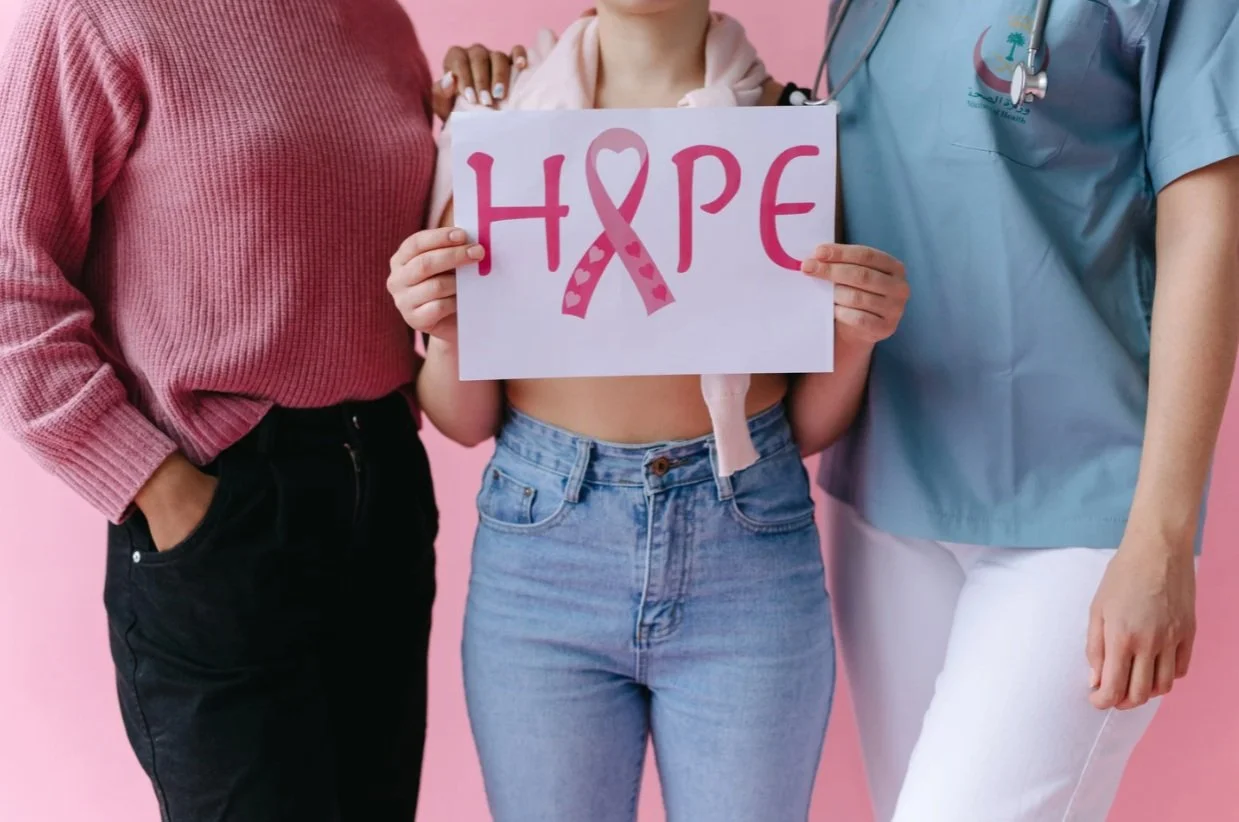
Our Mission
Every scar tells a story, but it doesn’t have to define you. Our mission is to provide advanced scar treatments that minimize visible reminders of the past, helping women feel at home in their bodies again.
Through personalized care, we improve scar appearance and empower women to embrace their journey, rebuild confidence, and reclaim their sense of self after breast cancer surgery. Because healing goes beyond physical restoration—it’s about feeling strong, beautiful, and whole in your skin.

The facts
Breast cancer is a disease where breast tissue cells mutate, multiply, and can form tumors. It is the most common form of cancer in women.
In fact, 1 in 8 women will be diagnosed with breast cancer at some point in her life. In 2025, an estimated 316,950 women and 2,800 men will be diagnosed with invasive breast cancer.
Treatment for breast cancer depends on the subtype of cancer and how much it has spread outside of the breast to lymph nodes (stages II or III) or to other parts of the body (stage IV). Doctors combine treatments to minimize the chances of the cancer coming back (recurrence). These include:
Surgery to remove the breast tumour
Radiation therapy to reduce recurrence risk in the breast and surrounding tissues
Medications to kill cancer cells and prevent spread, including hormonal therapies, chemotherapy or targeted biological therapies.
Breast cancer has a 5-year survival rate for all stages of 90% - leaving survivors with side effects of the disease. These side effects can include (but is not limited to):
Surgery scars
Alopecia
Breast asymmetry
Dermatitis
The aftermath
Visible scarring and skin alterations can lead to body image disturbances, reduced self-confidence, and psychosocial distress among breast cancer survivors.
After treatment, patients who have battled breast cancer face identity and self esteem issues. 44% of women reported that having breast cancer negatively impacted their body image and 25% said the same for their sense of identity.
Women who have undergone treatments that leave scars have felt the influence of scarring mentally. Some women report feeling mutilated. This feeling can impact survivors in social, cognitive, and emotional ways. It is reported that 10-30% of women are disassisfied with the appearance of their scars after treatment.



